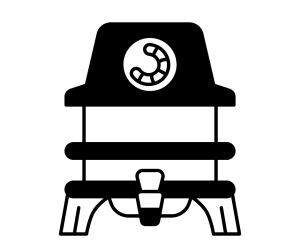Vermicomposting: What It Is, How It Works, and Why It Matters

L.J.
Environmental Advocate


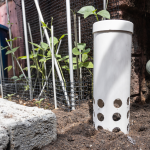

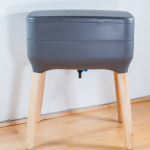


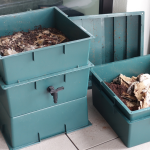
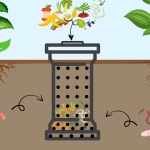
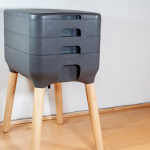

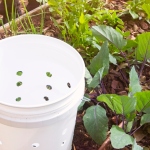


Contents
What is Vermicomposting?
Vermicomposting is a natural, low-maintenance method of recycling organic waste using earthworms. These hardworking creatures break down food scraps and biodegradable materials into vermicompost — a dark, crumbly substance rich in beneficial microbes and plant-ready nutrients. Perfect for gardens, allotments, and even small urban spaces, vermicomposting helps reduce landfill, cut emissions, and support sustainable growing from the ground up. When added to soil or mixed into traditional compost, vermicompost boosts fertility, improves structure, and enhances water retention — turning everyday waste into living soil.
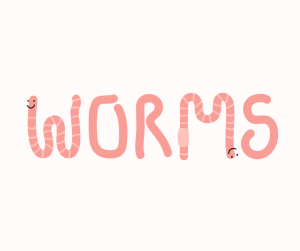

How Vermicomposting Works
Earthworms consume organic waste like fruit peels, vegetable scraps, and shredded paper. As the material passes through their digestive system, it’s broken down and excreted as worm castings (worm poo), also known as vermicasts—a nutrient-rich compost packed with beneficial microbes and plant-ready nutrients.
Vermicasts are tiny granules full of nutrients including nitrogen, phosphorus, potassium, calcium, and magnesium.
This natural process transforms everyday food waste into a powerful soil enhancer, often called “black gold” by gardeners.
Who Vermicomposting Is For
Vermicomposting is surprisingly versatile — here’s who it’s perfect for, whether you’re growing, teaching, or simply cutting down on waste.
- Gardeners looking to boost soil health naturally
- Households aiming to reduce food waste and landfill
- Urban dwellers with limited space — balconies, flats, or small patios
- Schools and educators teaching sustainability and biology
- Community groups running eco-projects or shared gardens
- DIY enthusiasts who enjoy low-maintenance, hands-on solutions
- Eco-conscious beginners seeking a simple way to start composting
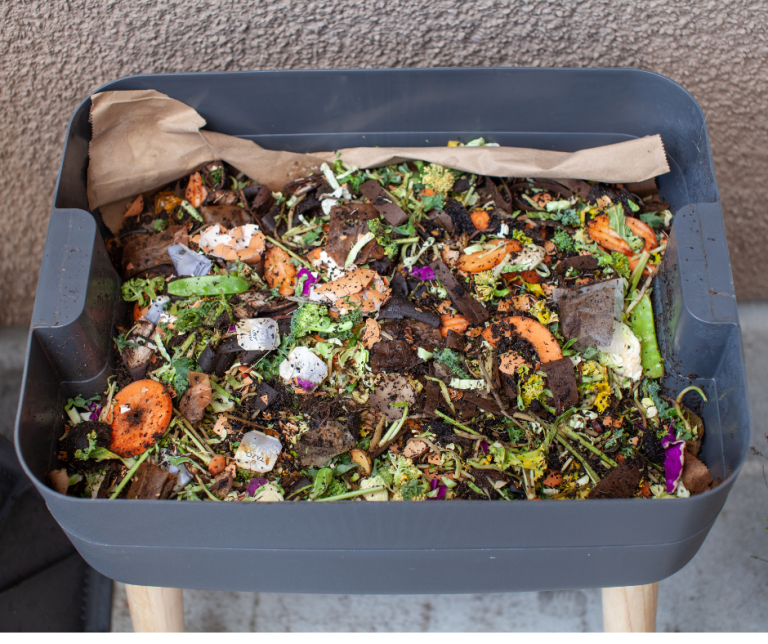
Benefits of Vermicomposting
From food waste to fertile soil—vermicomposting delivers big results in a small footprint. Here’s what makes it a smart choice for eco-conscious households and schools alike.
Super for Soil
Nutrient-Rich: Vermicompost contains water-soluble nutrients—including nitrogen, phosphorus, potassium, and essential micronutrients. These are easily absorbed by plants, boosting growth.
Living Compost: Worms introduce beneficial bacteria and fungi, enhancing soil biodiversity and nutrient cycling.
Improved Structure: Vermicompost improves aeration, porosity, and water retention, making soil more resilient.

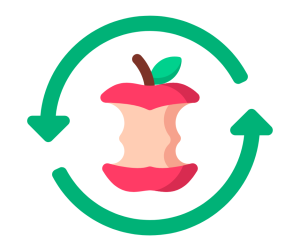
For Sustainable Living
Waste to Resource: Transforms food and garden waste into nutrient-rich compost—a valuable resource that reduces household waste volume.
Lower Carbon Footprint: Cuts emissions associated with traditional waste disposal.
- Circular Living: Closes the loop on food waste by returning nutrients to the soil.
Healthier Plants & Bigger Yields
- Stronger growth: Vermicompost supports robust root systems and overall plant vitality.
- Natural pest resistance: Healthier plants are better equipped to fend off pests and diseases, reducing reliance on chemicals.
- Yield booster: Studies show increased crop productivity when vermicompost is used.


DIY-Friendly & Low Maintenance
- Compact systems: Ideal for small spaces- indoor or out.
- Minimal effort: Once set up, the system required little maintenance- the worms do the work, and its surprisingly odour-free.
- Fast Results: Vermicomposting is one of the quickest ways to produce finished compost.
Vermicomposting clearly delivers big results in a small footprint — from healthier soil and plants to a more sustainable lifestyle. But before you dive in, let’s clear up a few common myths that often hold people back.
Common Misconceptions: Clearing Up the Confusion
Even with all the benefits vermicomposting offers, it’s easy to get put off by a few lingering myths — especially if you’re new to composting or short on space. Let’s take a moment to separate fact from fiction so you can start with confidence and avoid common beginner pitfalls.
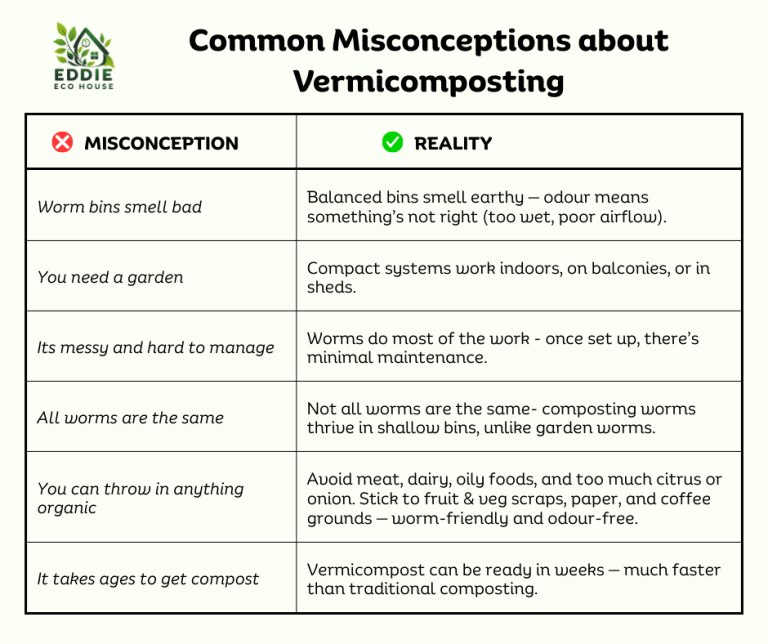
With those myths out of the way, you’re ready to explore what you’ll actually need to get started — from worm-friendly bins to bedding and the best composting worms for UK conditions.
